Filter by
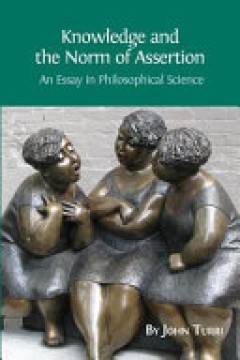
Knowledge and the norm of assertion : an essay in philosophical science
"Language is a human universal reflecting our deeply social nature. Among its essential functions, language enables us to quickly and efficiently share information. We tell each other that many things are true—that is, we routinely make assertions. Information shared this way plays a critical role in the decisions and plans we make. In Knowledge and the Norm of Assertion, a distinguished phil…
- Edition
- -
- ISBN/ISSN
- 9781783741830
- Collation
- 126p
- Series Title
- -
- Call Number
- 306.44 TUR
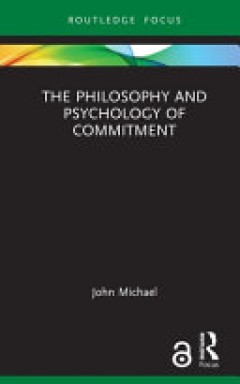
The philosophy and psychology of commitment
The phenomenon of commitment is a cornerstone of human social life. Commitments make individuals’ behavior predictable, thereby facilitating the planning and coordination of joint actions involving multiple agents. Moreover, commitments make people willing to rely upon each other, and thereby contribute to sustaining characteristically human social institutions such as jobs, money, government…
- Edition
- -
- ISBN/ISSN
- 9781315111308
- Collation
- viii + 101 p
- Series Title
- -
- Call Number
- 158 MIC p

Representation in cognitive science
Nicholas Shea.
- Edition
- First edition.
- ISBN/ISSN
- 9780198812883 (hbk.)
- Collation
- xi, 292 pages : illustrations ; 24 cm
- Series Title
- -
- Call Number
- -
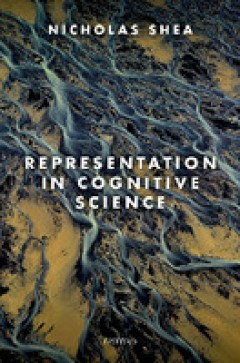
Representation in cognitive science
"Our thoughts are meaningful. We think about things in the outside world; how can that be so? This is one of the deepest questions in contemporary philosophy. Ever since the 'cognitive revolution', states with meaning-mental representations-have been the key explanatory construct of the cognitive sciences. But there is still no widely accepted theory of how mental representations get their mean…
- Edition
- First edition.
- ISBN/ISSN
- 9780198812883
- Collation
- xi, 292 pages : illustrations ; 24 cm
- Series Title
- -
- Call Number
- 153 SHE r
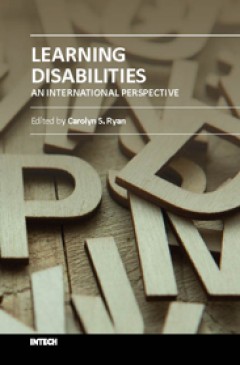
Learning disabilities : an international perspective
Learning disabilities are conditions that are associated with difficulties in knowledge and skill acquisition to the level expected of same-age peers. The current book is an international examination of assessment methods, preventative measures, intervention, and research with those individuals with learning disabilities obtained from authors in the United States of America, Europe, Asia, and A…
- Edition
- -
- ISBN/ISSN
- 9789535136514
- Collation
- 228 p.; 23 cm.
- Series Title
- -
- Call Number
- 372 LEA l
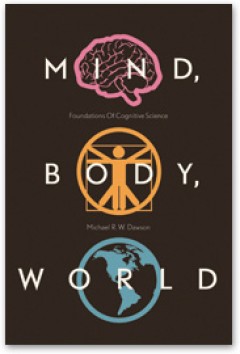
Mind, body, world : foundations of cognitive science
Cognitive science arose in the 1950s when it became apparent that a number of disciplines, including psychology, computer science, linguistics, and philosophy, were fragmenting. Perhaps owing to the fieldÕs immediate origins in cybernetics, as well as to the foundational assumption that cognition is information processing, cognitive science initially seemed more unified than psychology. Howeve…
- Edition
- -
- ISBN/ISSN
- 9781927356180
- Collation
- XV, 490 p.
- Series Title
- OPEL (Open Paths to Enriched Learning)
- Call Number
- 153 DAW m
 Computer Science, Information & General Works
Computer Science, Information & General Works  Philosophy & Psychology
Philosophy & Psychology  Religion
Religion  Social Sciences
Social Sciences  Language
Language  Pure Science
Pure Science  Applied Sciences
Applied Sciences  Art & Recreation
Art & Recreation  Literature
Literature  History & Geography
History & Geography